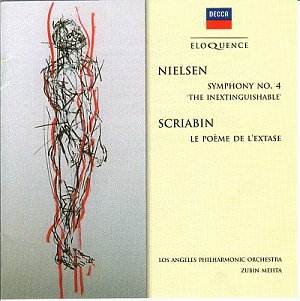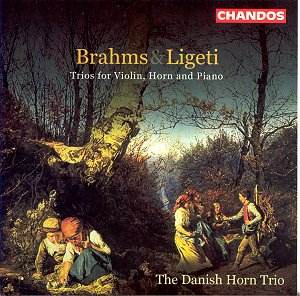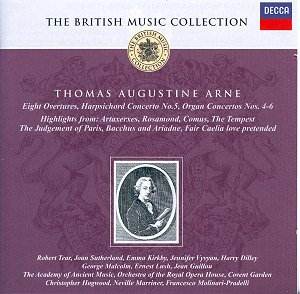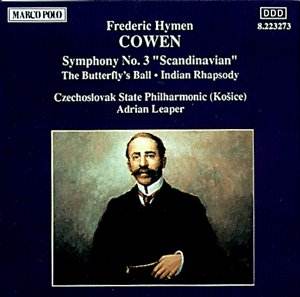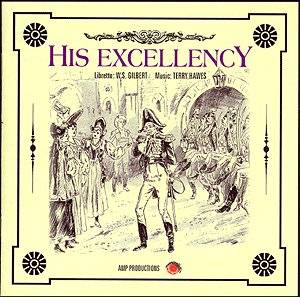 Composer: Terry Hawes
Composer: Terry Hawes
Works: His Excellency (operetta, 2001)
Performers: David Luck (Matts Munck), Paul Mills (Erling), Nova Skipp (Christina), Faith Stretton (Nanna), Jean Aird (Thora), Stan Wilson (Griffenfeld), Mick Wilson (The Regent), Leon Berger (Harald), Chris Vincent (Tortenssen), Rosalind McCutcheon (Dame Hecla), Sarah Lodge (Blanca), Peter Francis (Sentry), Chorus and Orchestra by members of the Royal Academy of Music
Recording: London, 2001
Label: Brilliant
Terry Hawes’ His Excellency, an operetta completed in 2001 with a libretto by W. S. Gilbert from 1894, is a fascinating endeavor that seeks to revive and reimagine a work that fell into obscurity due to its original composer, Osmond Carr, whose uninspired music failed to capture the essence of Gilbert’s sharp wit and humor. This new musical setting by Hawes is not merely a pastiche of Arthur Sullivan’s style; it is a thoughtful homage that draws on the rich tradition of Victorian and Edwardian operetta while also expanding it into a fresh aural landscape. His approach is particularly intriguing, as it seeks to rectify the historical oversight of Gilbert’s engaging libretto, which is arguably more vibrant than some of his later collaborations with Sullivan.
The performance is ably helmed by a talented cast that navigates Hawes’ music with commendable skill. Notably, the orchestration, while at times heavier than Sullivan’s characteristic lightness, effectively supports the vocal lines and enhances the comedic undertones inherent in Gilbert’s text. Throughout the recording, there are echoes of Sullivan’s melodic sensibilities, particularly in numbers like track 8, where the vocal lines evoke the Lord Chancellor’s song from Iolanthe. Hawes’ ability to incorporate influences from Offenbach and Auber serves to enrich the overall texture of the work, creating a soundscape that feels both familiar and novel.
In terms of interpretation, the singers demonstrate a wide vocal range and adaptability to the demanding score, which, at points, requires them to execute unusually high notes with precision. The diction across the cast is exemplary, allowing Gilbert’s clever wordplay to shine through, and each character is brought to life vividly. However, one might note that the portrayal of Griffenfeld in track 17 shows some insecurity in sustaining longer held notes, which slightly detracts from an otherwise polished performance. The musical direction by Hawes commands an energetic pace, and the ensemble responds with admirable cohesiveness, despite the occasionally overbearing orchestration that risks overshadowing the singers.
The recording quality itself is noteworthy, with a close miking technique that captures the nuances of the performers without sacrificing warmth. This choice enhances the clarity of the vocal lines and allows for a nuanced interaction with the orchestra, despite a slight imbalance that places the orchestra forward in the mix. The packaging of the CD is also commendable, offering insightful notes and a complete libretto that invites listeners to engage more deeply with the material.
Terry Hawes’ His Excellency stands as a significant contribution to the revival of Gilbert’s operettas, demonstrating a commitment to both the historical context and the vitality of the genre. This recording, crafted by skilled musicians and a dedicated production team, invites listeners to reconsider a work once deemed a failure, revealing its potential for humor and charm that might have flourished had it been presented with the right musical accompaniment at the time of its debut. The artistry of this performance not only honors its roots but also breathes new life into a neglected piece of theatrical history, making it a recommended exploration for enthusiasts of operetta and the Savoy tradition alike.
